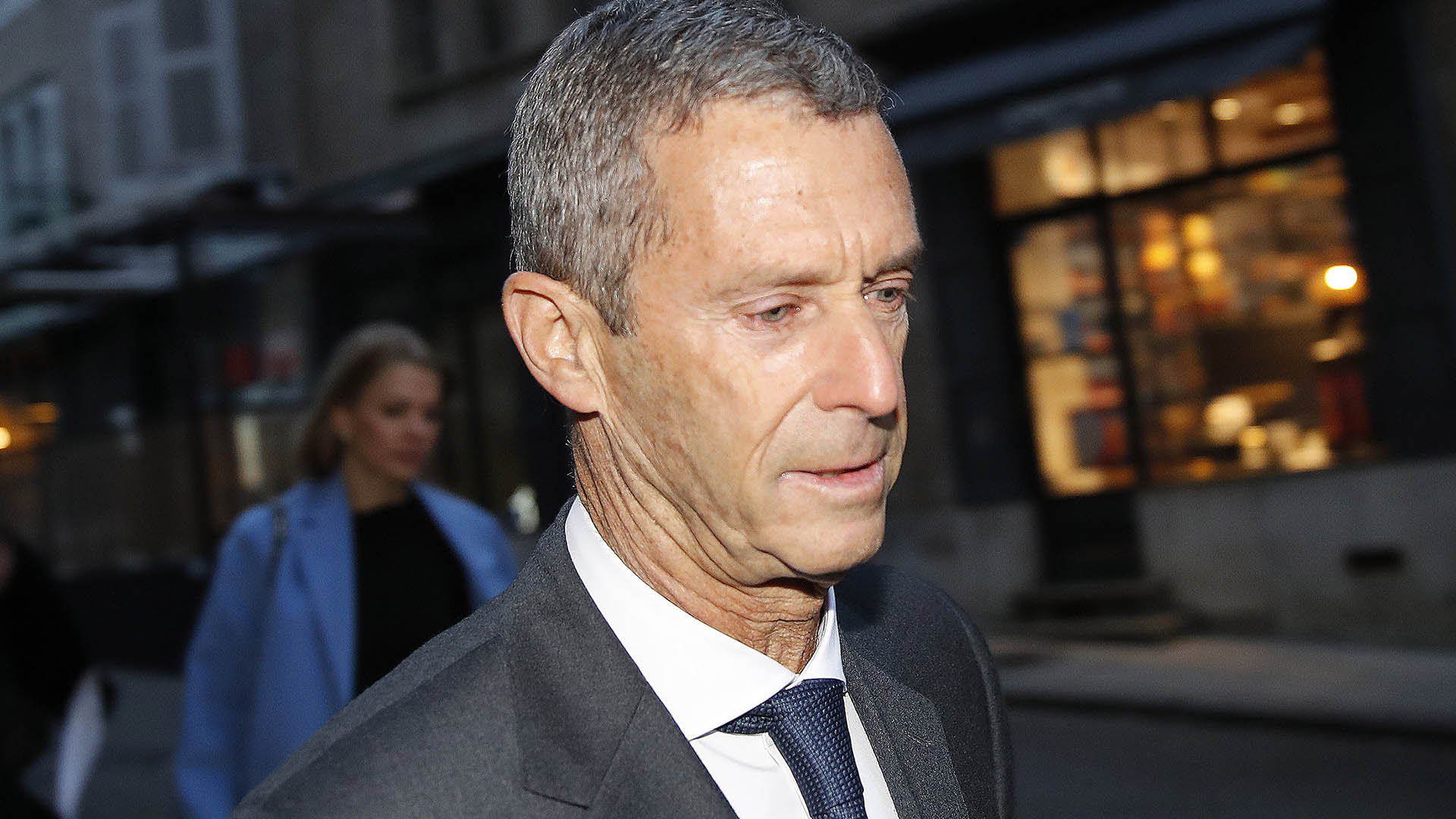A Swiss criminal court on Friday found billionaire Israeli businessman Beny Steinmetz guilty of corruption and sentenced him to five years in jail.
The court also ordered him to pay 50 million Swiss francs ($56.48 million) fine.
The judgment is a landmark verdict in one of the mining world’s most high-profile legal disputes.
Delivering judgment, the judge, Alexandra Banna, said, “It is clear from what has been presented that the rights were obtained through corruption and that Steinmetz cooperated with others to obtain them.’’
The court, she said, had therefore sentenced him “to a deprivation of liberty for five years”, in line with the prosecutors’ request.
The court also convicted and sentenced Steinmetz’s co-defendants, a French man and a Belgian woman.
Read Also: Supreme Court Rejects Motion To Unfreeze Abacha’s Accounts In UK, Switzerland, Others
They were also found guilty of corruption and were given a 3-1/2 year jail sentence each and a two-year suspended sentence, respectively.
The judgment followed a two-week trial of Steinmetz and his co-defendants variously accused of bribery and corruption.
The convicts were accused of conspiring and paying or arranging payment of $10 million in bribes.
The bribes were aimed at influencing officials so as to obtain exploration permits for the world’s richest untapped deposits of iron ore in Guinea.
They were also accused of forging documents to cover it up through a web of shell companies and bank accounts.
They had denied all the charges before the court.
Central to Steinmetz’s defence was his claim that he was not involved in the day-to-day running of Beny Steinmetz Group Resources (BSGR).
He described himself as the owner and company ambassador but not the boss of the group that employs some 100,000 members of staff.
Steinmetz said he would appeal the judgment.
“It is a big injustice,” he told reporters outside the Geneva courthouse.
The battle for control of the iron ore, buried in the remote Simandou mountain range of West Africa’s Guinea, has triggered probes and litigation around the world.
This has also thwarted efforts to extract the lucrative commodity.

